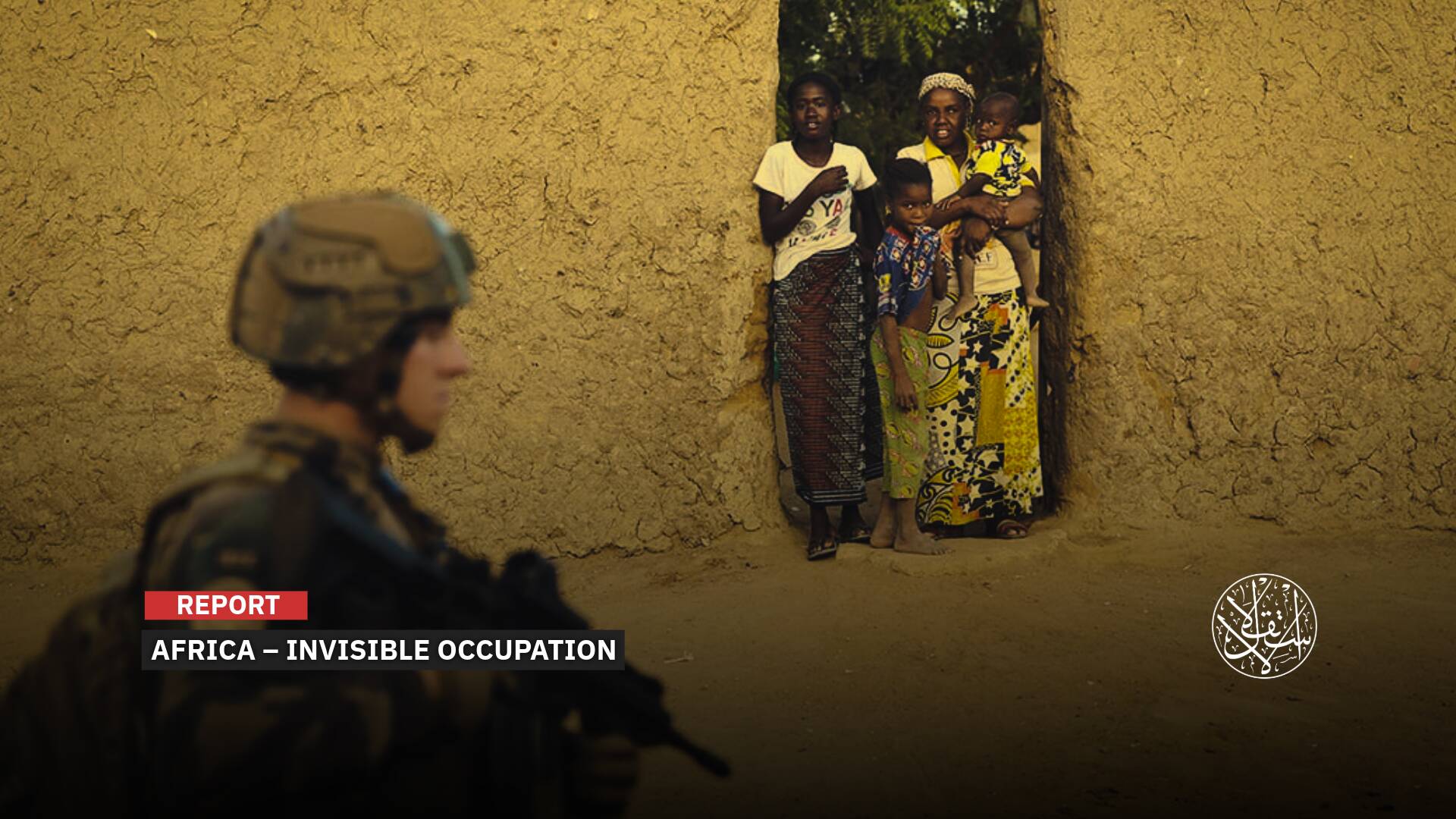How Will the Israeli Occupation Run the Elections After the Collapse of the Government Coalition?

Israeli Occupation's Prime Minister Naftali Bennett's government lasted only one year due to the oscillations and withdrawals that affected it, forcing him to announce his move to dissolve the Knesset (parliament) and go to early parliamentary elections.
The decision to dissolve the Knesset was already passed on June 30, 2022, and new Israeli elections are scheduled for early November 2022.
Before the vote to dissolve the Knesset, Naftali Bennett announced that he would not run for the next election and retired from politics, paving the way for former Prime Minister Benjamin Netanyahu to return to power.
"I have no intention of running in the next election, but I will remain a loyal soldier of this country, which I have served all my life as a soldier, officer, minister, and prime minister," Bennett said in a speech to the Knesset.
"Soon, I will not be prime minister of Israel, and I will pass on responsibility to my friend Yair Lapid (foreign minister), who I will continue to assist as needed as an alternate prime minister," he said in his last speech.
Coalition Government
Formed in June 2021, the government coalition comprises eight parties from all walks of life in the Israeli Occupation, from the far right to the far left, including the United Arab List, the first Arab party to join a government coalition since the establishment of the occupation state.
The government coalition won the support of 60 members, compared to 59, ending Netanyahu's 12-year reign as opposition leader in the Knesset.
The coalition agreed to remove Netanyahu from power. Bennett took over as prime minister for the first two years, followed by Yair Lapid, leader of the Yesh Atid (There is a Future) Party.
After the formation of the coalition, it went through many oscillations, most notably the number of resignations that hit it, which caused it to collapse quickly.

Coalition Withdrawals
The first blow to the government coalition was the withdrawal of a dissolved Knesset member from Bennett's Right party in April 2022, bringing the coalition closer to Netanyahu's opposition at 60 members per party
In May 2022, Arab Knesset member of the left-wing Meretz party Ghaida Zoabi also announced her withdrawal from the government coalition, thus losing the parliamentary majority and reducing its number of deputies to 59.
Zoabi's resignation statement says she feels the government is busy strengthening its poles from the right at the expense of Arab society, which continues to be subjected to injustice, organized crime, and chaos.
"The leaders of the government coalition preferred to strengthen the right-wing side of the government and took extremist, rigid and right-wing positions on fundamental issues of Arab society, notably al-Aqsa Mosque, Sheikh Jarrah, settlements, house demolitions, and confiscation of land in Arab villages in the Negev, in addition to the citizenship law," Zoabi said.
"The scenes of the attack on the funeral of journalist Shireen Abu Akleh left her with no choice but to resign," she said, noting that she could not continue to support this coalition, which is seriously disguised as Arab society.
In addition to the resignations, the government coalition failed to pass the West Bank Judicial Extension Act (which treats settlers there as Israelis) after several coalition members, including Arab MP Ghaida Zoabi, withdrew and voted against the five-year extension.
After the coalition shake-up, Yair Lapid assumed the post of the Israeli prime minister, in accordance with the rotation agreement, with Bennett remaining in office until the elections were held.
Next Situation
On the upcoming situation in the Israeli Occupation, Said Basharat, an expert on Israeli Affairs, said the collapse of the coalition headed by Bennett was due to the failures of the former prime minister and the destruction of his office, so the Knesset was dissolved, and a fifth election was held.
"In the coming days, the political crisis in the occupation will deepen, especially with a very internal and personal conflict over government privileges, so the composition of the occupying power will become more flawed," Basharat told Al-Estiklal.
Basharat expects Israeli figures and parties to disappear before the next Knesset elections, where a new political map will be formed.
As for Lapid's leadership of the Israeli government after Bennett, Basharat ruled out radical changes in her work, but the way of managing would vary, as the current prime minister had the ability to control and not leave any leaks from government meetings.
According to the expert on Israeli Affairs, the current Israeli government will focus on the economic situation, the arrangement of internal files, and the high cost of living, and there will be no breakthrough for Palestinians either in Gaza or the West Bank or in dealing with the Iran file.

Netanyahu's Return
After the collapse of the government coalition, opposition leader Benjamin Netanyahu's hopes were revived, as he said he was confident of winning the next election.
"The Bennett government has failed significantly in security, politically and economically, and I will form a broad government of national unity," Netanyahu was quoted by the Israeli broadcasting organization as saying in May 2022.
On the possibility of Netanyahu's return, Basharat asserts that this is possible as he no longer controls the political situation other than the opposition leader, but if Lapid proves himself during his presidency, it could end Netanyahu's political life.
Following the dissolution of the Knesset, Netanyahu tweeted: "This is an evening of great news for the many Israeli citizens.
"After a resolute fight from the opposition in the Knesset and much suffering of the Israeli public, it's clear to everyone that the most failing government in the history of the country has finished its journey.
"My friends and I will establish a nationalistic government led by Likud. A government that will take care of you, all of Israel's citizens without exception," Netanyahu said.










